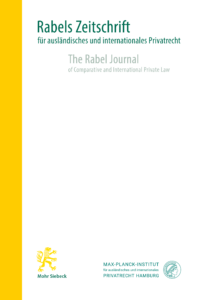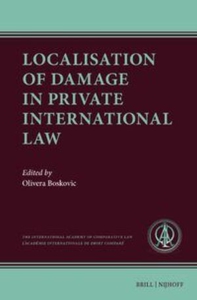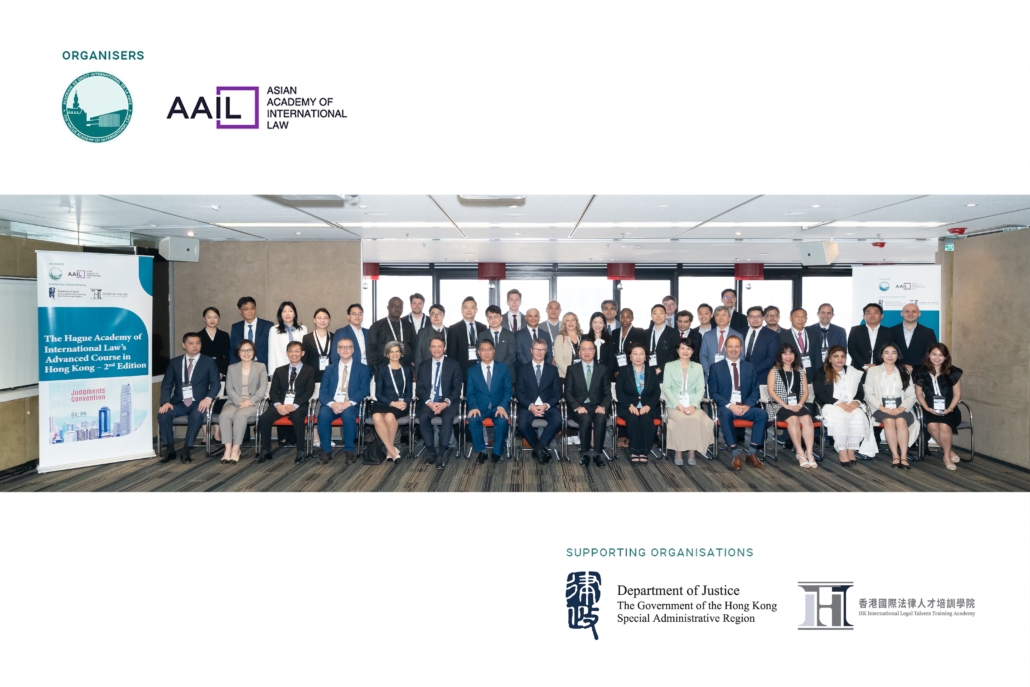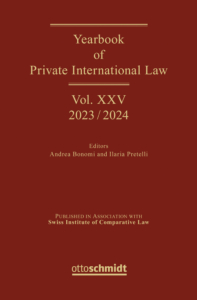 On Thursday, January 23, 2025, at 5 pm, the Société de législation comparée will present the Box Set Le droit étranger – Études de droit international privé comparé. The event will take place in 28 rue Saint-Guillaume – Amphitheater, 1st floor, 75007 Paris. Everybody is welcome to attend.
On Thursday, January 23, 2025, at 5 pm, the Société de législation comparée will present the Box Set Le droit étranger – Études de droit international privé comparé. The event will take place in 28 rue Saint-Guillaume – Amphitheater, 1st floor, 75007 Paris. Everybody is welcome to attend.
On the Box Set: Over the past ten years, the Société de législation comparée has conducted a series of collective studies on the theoretical, methodological, and practical issues related to accessing, understanding, and implementing foreign law. These issues are highly relevant today. Foreign law is playing an increasingly significant role in practice—not only for judges, of course, but also for other practitioners such as notaries, civil registrars, and lawyers. In France and elsewhere, when judges, notaries, or civil registrars are required to apply foreign law, understanding and implementing an unfamiliar legal system present numerous challenges. These challenges are even more daunting given that the treatment of foreign law retains a profoundly national dimension, despite the growing unification of conflict-of-law rules in Europe and in Americas.
The studies conducted by the Société de législation comparée aim to go beyond conventional analyses. By exploring the positive law of various countries and regions, they shed light on grey areas, shortcomings, and contradictions — abundant in what constitutes the very essence of Private International Law. Now gathered in a single volume they provide academics and practitioners with a comprehensive overview of the reflections carried out by jurists from diverse backgrounds on the most pressing issues in this often-neglected area of conflict of laws, along with their proposals to ensure the most accurate establishment of foreign law content.
The texts were compiled by Gustavo Cerqueira, professor at Université Côte d’Azur, and Nicolas Nord, Secretary General of the International Commission on Civil Status.
 The last issue of RabelsZ 2024 has just been released. It contains the following contributions (which are all available Open Access: CC BY 4.0):
The last issue of RabelsZ 2024 has just been released. It contains the following contributions (which are all available Open Access: CC BY 4.0):
 Since its inception in 2001, the annual survey on Chinese judicial practice in private international law, published by the
Since its inception in 2001, the annual survey on Chinese judicial practice in private international law, published by the 
 The latest volume (Volume 4) of the
The latest volume (Volume 4) of the  On Thursday, January 23, 2025, at 5 pm, the Société de législation comparée will present the Box Set
On Thursday, January 23, 2025, at 5 pm, the Société de législation comparée will present the Box Set 

 The
The